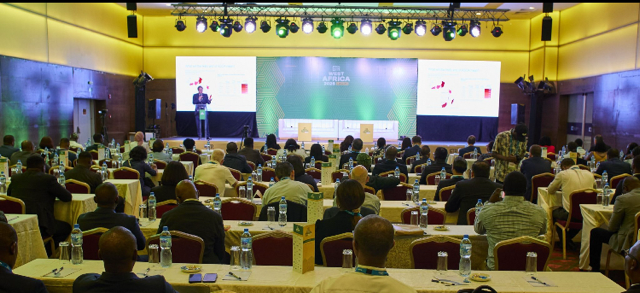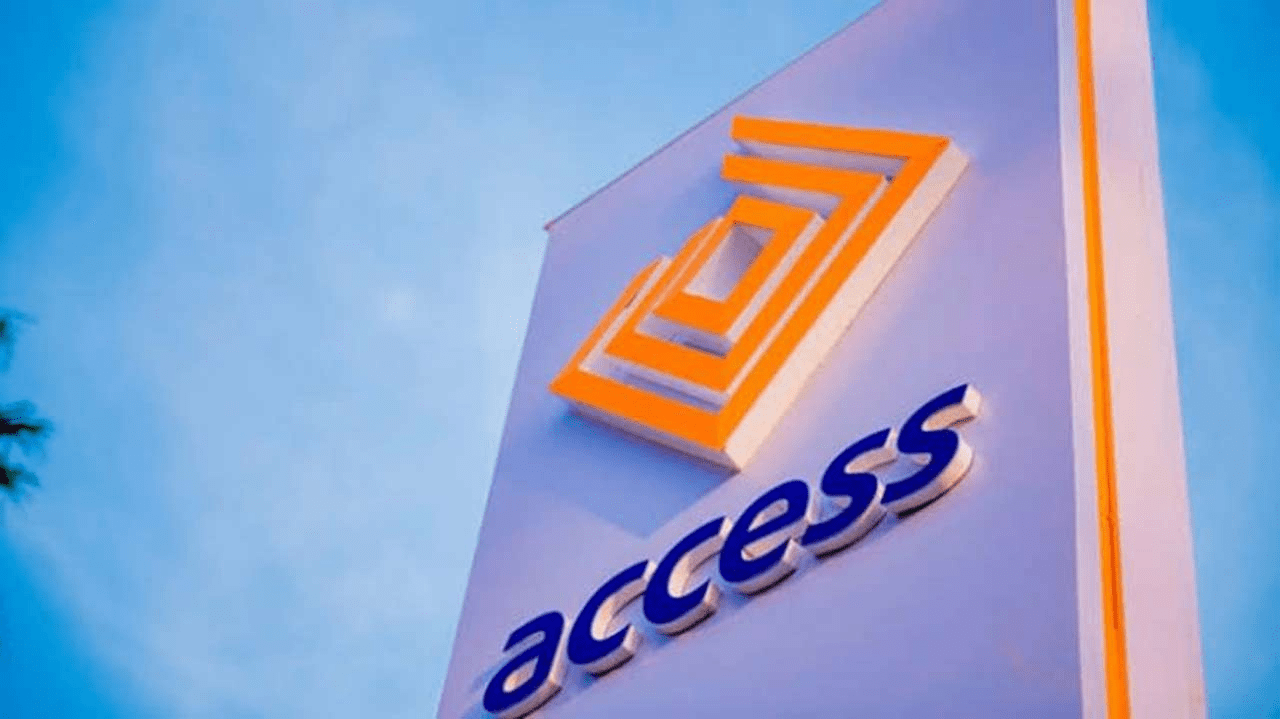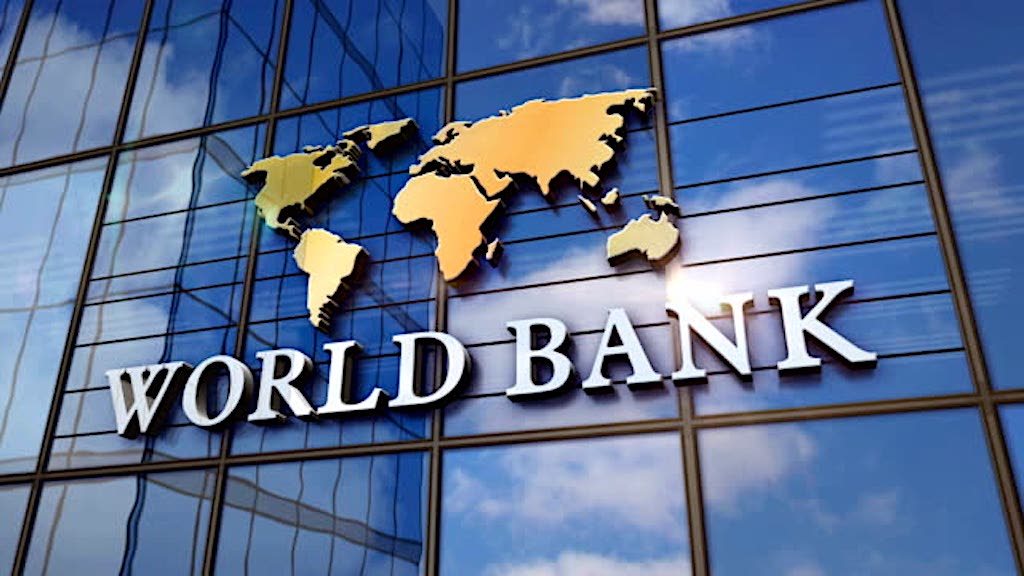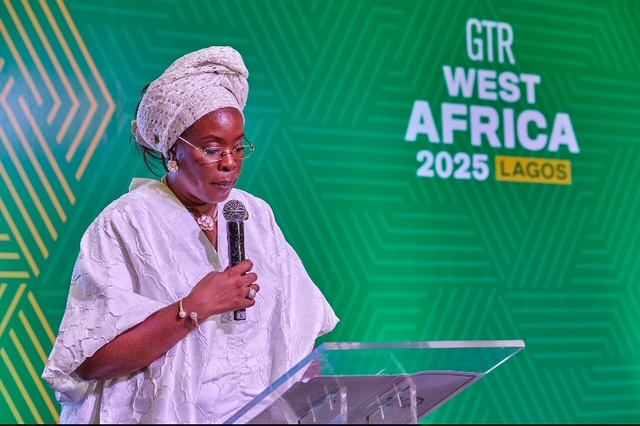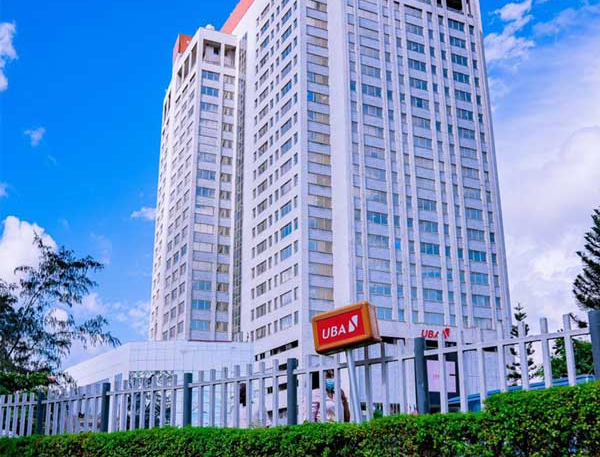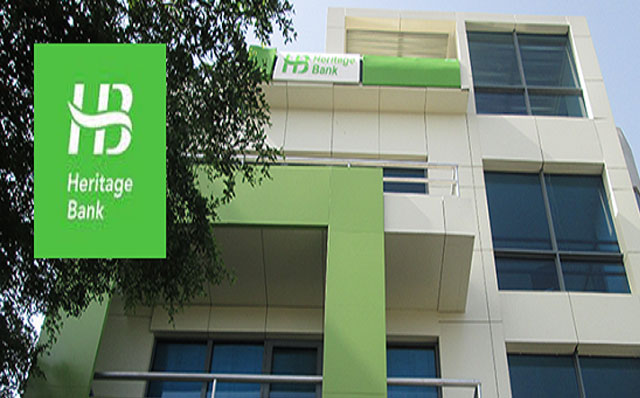From culture shifts to digital bets and from generational change to long-term vision, the story of Wema Bank’s transformation is one of bold decisions, disciplined execution, and the belief that even an 80-year-old bank can reinvent itself, writes Oluchi Chibuzor
Wema Bank, founded in 1945 as Agbonmagbe Bank, began its journey with a simple yet powerful vision: to serve Nigeria’s unbanked and underbanked population, particularly those the larger international banks neglected. Despite early challenges, the institution grew steadily for decades until the early 2000s, when it was teetering on the brink of collapse.
Through an unwavering commitment to innovation, leadership transformation, and a relentless focus on digital banking, Wema Bank survived and emerged as a powerful force within the Nigerian financial sector. This is the story of Wema Bank, an institution that has evolved stronger in an ever-changing landscape, with its tagline “With You All the Way” at the heart of its mission. At 80 years old, the bank is ready to tackle more challenges and emerge victorious on the other side.
Moruf Oseni and Ademola Adebise joined Segun Oloketuyi, Wema Bank’s 2009 MD, at the center of this remarkable transformation. Their leadership philosophies and vision for the future played pivotal roles in the bank’s recovery from the brink of dissolution. With their extensive experience and deep understanding of the financial ecosystem, they embraced different yet complementary strategies to reshape the institution. Adebise’s tenure from 2018 to 2023 reflected bold decisions. Oseni, who took over as MD/CEO in 2023, carried the baton forward with a vision that inspires staff and stakeholders.
When Segun Oloketuyi took over as Managing Director in 2009, Wema Bank was in dire straits, saddled with N66 billion in negative capital and teetering on the edge of regulatory dissolution, but Oloketuyi saw an opportunity to rewrite the story. With calm resolve and a sharp grasp of what was required, he assembled a management team grounded in integrity, technical competence, and the courage to make tough decisions. Rather than pursue flashy fixes, he focused on stabilizing the institution from the inside out – repairing internal processes, rebuilding trust among staff and investors, and enforcing financial discipline. He believed transformation could only take root when supported by strong governance, clean books, and a workforce aligned with long-term goals. Under his steady leadership, Wema Bank survived and began to find its footing again.
The years between 2009 and 2017 were a critical rebuilding period marked by deliberate steps to restore confidence, recapitalize the bank, and lay the foundation for innovation-led growth. The journey began with the new management in 2009, which immediately set out to stabilize operations and reestablish regulatory compliance. In 2010, a targeted capital raise provided much-needed short-term liquidity, while in 2011, in response to a new Central Bank of Nigeria (CBN) policy requiring banks to focus on core banking services, Wema Bank made the tough but strategic decision to divest from non-banking subsidiaries and scale down to a regional banking license in 2009. That same year, the bank adjusted its operating model to fit the realities of a smaller footprint, a tactical retreat that positioned it for a more sustainable comeback. Adebise notes they switched to regional banking because it was the most strategic move. He noted, “The minimum requirement for a national banking license was N25 billion. Initially, we scaled down to a regional bank to stay afloat, shutting down branches in the Southeast and North. After the second capital raise, we scaled back up to a national bank. It was a very tough period. We gave it our all because we thought the bank could collapse.”
By 2013, with improved stability, the leadership launched Project LEAP, a long-term growth strategy built around technology, people, and operational efficiency. A N40 billion equity raise followed, further shoring up capital and investor confidence. The bank deepened its product and service offerings after another capital raise in 2014. In 2015, Wema regained its national banking license, signaling its return to full strength and ambition. That same year, a comprehensive corporate branding exercise began, initiating the cultural and identity shift that would become central to the Wema vision. In 2016, the bank fully repaid its CBN loan — a significant milestone that underscored its financial turnaround and restored credibility. Then, in 2017, Wema stunned the market with the launch of ALAT 1.0, Africa’s first fully digital bank, and a landmark achievement in its transformation journey.
Throughout the early stages of Wema Bank, Ademola Adebise served as Segun Oloketuyi’s right-hand man, holding the role of Deputy Managing Director and helping to steer the bank’s turnaround efforts. Moruf Oseni, now the current MD, spoke on their roles over the years. He shared, “As far as I’m concerned, Wema Bank’s succession planning is the best in the Nigerian banking industry. Mr. Oloketuyi handed over to the best man to lead the bank in 2018. I was fortunate to serve as his deputy. Mr. Oloketuyi had laid the foundation and stabilised the bank, and then Demola focused on driving growth and capitalizing the institution.”
A clear sense of purpose and a deep appreciation of the institution’s heritage defined Adebise’s leadership journey. A man who spent most of his career consulting with Accenture, Ademola Adebise joined Wema Bank with a mindset shaped by flat structures, accountability, and speed. So, his first day at the bank was a culture shock. “I was surprised to see people rushing to collect my bag and phones,” he recalled. “That day, I knew we had to change things.”
It wasn’t just about the optics. The incident underscored a deep-seated challenge: a rigid, hierarchical culture that no longer served the bank’s future. Adebise quickly realised that the transformation Wema needed wasn’t just technical or infrastructural; it was cultural. He met a workforce loyal to past leaders, bound by legacy systems, and resistant to new ideas. Changing that meant confronting long-held habits and difficult trade-offs. “We had to rejuvenate the workforce and introduce a new way of thinking,” he said.
By 2019, Wema Bank was a different place. The average age of employees had dropped from over 48 to about 30. Over 60 per cent of the workforce had been refreshed, with younger, more tech-savvy professionals taking the reins. The leadership team invested heavily in training, onboarding programs, and open communication. “Everyone needed to understand the bank’s new direction,” Adebise noted. Town halls became common. Innovation was encouraged. What was once a buttoned-up, top-down institution was becoming nimbler, flatter, and more human.
The cultural shift was foundational to what came next: the birth of ALAT. In 2017, Wema Bank launched Africa’s first fully digital bank, a bold move for an ‘old’ institution with limited resources and minimal tech pedigree. At the time, larger banks were cautiously experimenting with mobile apps while fintechs were beginning to lure away younger customers. Wema Bank chose a different path. “We saw what was coming,” Adebise said. “If we didn’t move, we’d become irrelevant.” He also explained the bank’s name, “ALAT is an acronym. While the word “alert” inspired it, we wanted something aspirational. ALAT stands for Audacious, Limitless, Aspirational, and Timeless.”
ALAT wasn’t just a new app. It was a full-stack digital bank, built in-house, launched with zero branches, and designed from day one for mobile-first customers. The bank hired a team of young developers, partnered with McKinsey for strategic support, and worked through countless iterations. The risk paid off. In its first year, ALAT onboarded over 250,000 customers and generated N1.6 billion deposits. Oseni led the team that built ALAT from scratch till it hit the market. Wema Bank launched the app during Oloketuyi’s last year as CEO, and it became a mainstream financial solution during Adebise’s tenure.
“The highlight of my career at Wema Bank was when we launched ALAT on May 2nd, 2017. That moment meant a lot. It’s especially significant because I was the Executive Director in charge of the project,” Oseni reminisced. “Mr. Oloketuyi gave me full freedom to run it without interference. I assembled the team that built ALAT and worked with them daily from day one until launch. I went on to manage the product for many years. If I were to retire today, that period remains the best time of my banking career.”
ALAT changed the perception of what Wema Bank could be and gave it a young and audacious image. The user base grew exponentially, crossing the 500,000 mark by its second year and reaching 1 million by the third. It won accolades like Best Digital Bank and Best Mobile App from BusinessDay and KPMG. However, ALAT’s real legacy is how it rewired Wema’s product development and innovation. For the first time, the bank learned to build fast, test often, and adapt quickly. “We moved from waterfall to agile,” Adebise said. “It was chaotic, but it taught us how to think like a tech-driven company.”
It also created a ripple effect across the Nigerian fintech space. Many young engineers and product managers who cut their teeth on ALAT have since moved on to build or lead at some of the country’s most successful startups, including Flutterwave and Moniepoint. Wema Bank, once seen as a legacy bank, had unwittingly become a launchpad for tech talent.
When Moruf Oseni took over as MD/CEO in 2023, his mandate was clear: scale what Adebise and Oloketuyi started. Where Adebise had focused on building from within, Oseni is pushing for broader relevance, aiming to position Wema Bank as a systemically important player in Nigeria’s financial system. “In 2024, we made N102 billion in profit before tax,” he said. “Now the goal is N300 billion.”
Oseni believes the future of Wema Bank rests not just on technology but on people and a shared sense of purpose. His leadership philosophy reflects a core belief in the power of people. “When people ask why Wema has done so well in the last three years, I tell them it’s my ‘people strategy.’ I level with the team, meet them at their point of need, and tell them the journey will be tough but worth it. And they’ve bought in. They’re no longer just staff; they’re stakeholders. Without them and their commitment, even with all the knowledge, investments, and customers, we’ll be nowhere,” he says.
He has improved performance management, internal branding, and leadership development. Under Oseni, the bank has embraced what he calls “people-first prosperity,” which positively impacts the staff, shareholders, and customers. It’s a philosophy that aligns with his broader vision of inclusive progress. This ethos has driven changes company-wide, from performance management to customer engagement. “Performance is non-negotiable under my watch,” he says. “But so is care. For me, everybody is important. We must respect everybody.”
Within the last five years, Wema has launched Hackaholics (its annual youth-focused tech hackathon), SARA by Wema (a women-focused community created to boost financial inclusion), ALAT for Business (digital banking for SMEs), ALAT Xplore (a banking and financial literacy App for teenagers), and ALATPay (a fast-growing payment gateway). Other key initiatives introduced over the last few years to better serve customer needs include Royal Kiddies (banking for children), FGN-ALAT Digital Skillnovation Programme (a youth empowerment and tech skills initiative launched in partnership with the federal government), the NYSC-ALAT Accelerator Programme, CoopHub (digital banking for cooperatives), ALAT Union Pay (international card services), Prestige by Wema (for high-net-worth individuals), and the Phygital Banking model that combines physical branches with digital tools.
Wema Bank might be 80 years old and, in everyone’s books, an ‘old bank,’ but it won’t just be Nigeria’s oldest indigenous bank. It has grown to become Nigeria’s most innovative bank, and it’s determined to lead in every way that counts. Oseni’s vision is bold. “We want to be a tier-one, systemically important bank. Not just big in size, but big in impact,” Oseni said. He sees Wema Bank leading in financial inclusion, SME empowerment, and digital innovation in the future. “This is just the beginning,” he said. “We’ve built the foundation. Now we scale.”
The Bank’s future is bright, and even its past leaders are ready to support it with encouragement and advice. Adebise echoes this sentiment while beaming with pride, “In terms of performance, I’m not surprised by where we are. When I left, I told Moruf, ‘You guys have to shoot for 10x.’ So, no, I’m not surprised we’re doing N100 billion and aiming for N300 billion next, and I believe the bank is well positioned to get there.”
From culture shifts to digital bets and from generational change to long-term vision, the story of Wema’s transformation is one of bold decisions, disciplined execution, and the belief that even an 80-year-old bank can reinvent itself. Through the efforts of leaders like Oloketuyi, Adebise, and Oseni, Wema Bank has caught up with the times and redefined what a Nigerian bank can be. As it steps into its next decade, Wema Bank is shaping the future of Nigerian banking and keeping its promise to be “With You All the Way.”

